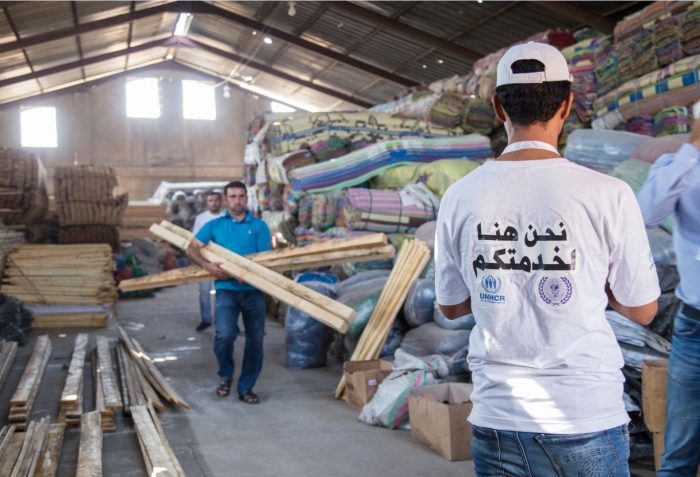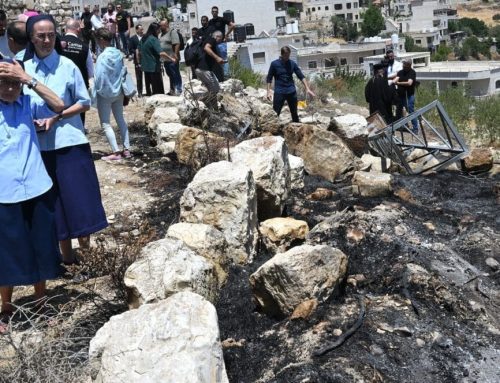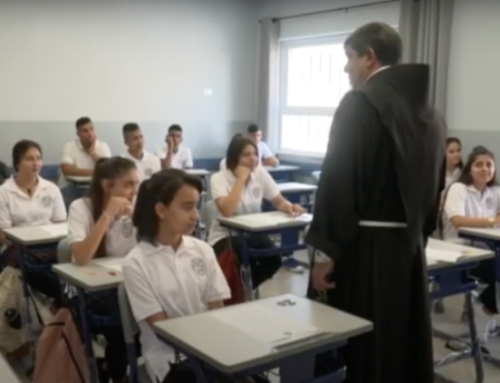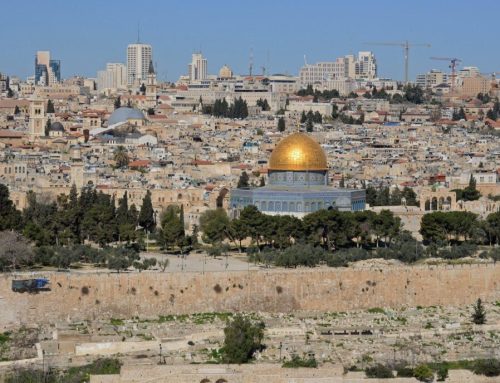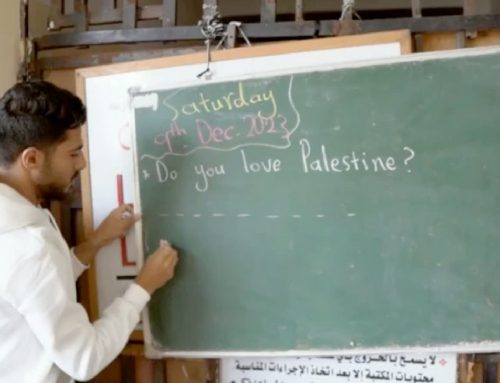UNHCR, the United Nations’ Refugee Agency, has been stepping up its help in Iraq for families inside Mosul, including thousands who have recently returned to the city after fleeing the fighting.
UNHCR, and its partner, Human Appeal, have already distributed shelter kits to more than 3,200 families in east and west Mosul, including returnees and those who had been unable to move. The help includes emergency shelter kits and sealing-off kits which allow families to be able to carry out basic repairs so they are able to live in partially damaged or unfinished buildings.
The plan is to distribute kits to 36,000 families in total.
Durayy, a man from Ma’moun neighbourhood in west Mosul who received a kit, said “We have no windows in our house any more. All the glass is broken. We have put up some mats on the windows for privacy and to protect us from the strong sunlight until we can afford to fix them”. He has also repaired some doors in his house using the tools.
According to government figures, more than 90% of families who had fled East Mosul due to the conflict have returned to the city. However, the situation is more complex in West Mosul, which was extensively damaged and is littered with high levels of explosive devices. According to the UN, of the 54 residential districts in the western sector, 15 are heavily damaged; 23 are moderately damaged and 16 neighbourhoods are lightly damaged. In addition, there is the risk of explosive hazards.
“The residents are in need of assistance of every kind”, said Hovig Etyemezian, UNHCR’s head of Mosul sub-office, who took part in shelter assessments in several neighbourhoods of western Mosul last week, “however, the shelter situation in particular is very dire.”
In addition to shelter, UNHCR has been providing cash assistance to some of the most vulnerable families. Nearly 700 families have been reached so far; and the target is to provide cash for 3,000 families by September.
Families will receive one-off cash assistance of $400 (486,000 IQD), using a system of mobile money transfer. Working with Zain Cash, families will be provided with free-of-cost SIM cards and have more flexibility in where and how they receive their mobile cash payments.
Some of the most vulnerable families will get cash help for up to three months, helping them to pay rent and basic necessities such as food and utilities.
The mobile cash system is supported by generous funding from DFID, the UK Department for International Development.
“The scale of the destruction is enormous, and the suffering of civilians affected by the conflict will continue for some time to come”, said UNHCR Iraq’s Representative, Bruno Geddo. “We will support vulnerable families who need shelter and cash so they can get back on their feet as soon as possible.”
“However, it is clear that UNHCR will also need to shelter and assist thousands of families in camps for some time to come. People need to feel confident that it is safe to return home and that shelter and basic services are in place so they can start to rebuild their lives”, Geddo said.
Source: Relief Web

